Busy Brain? Tips to Quiet an Active Mind for Sleep

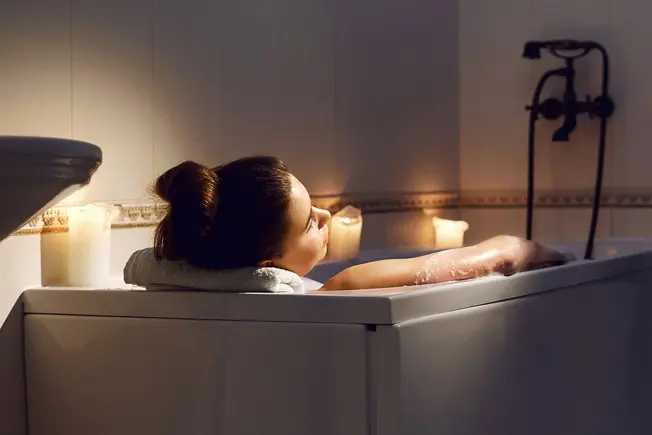
Not Sleepy? Stay Up
While it’s a good idea to go to bed at the same time each night, there will be some nights when your brain is buzzing and not ready for sleep. If so, don’t lie down just yet. Your racing thoughts could lead to insomnia. Instead, do something to relax until you feel tired. Take a warm bath, for instance, or sit in a comfy chair and listen to soft, calming music. You’ll spend less time in bed but more time asleep.
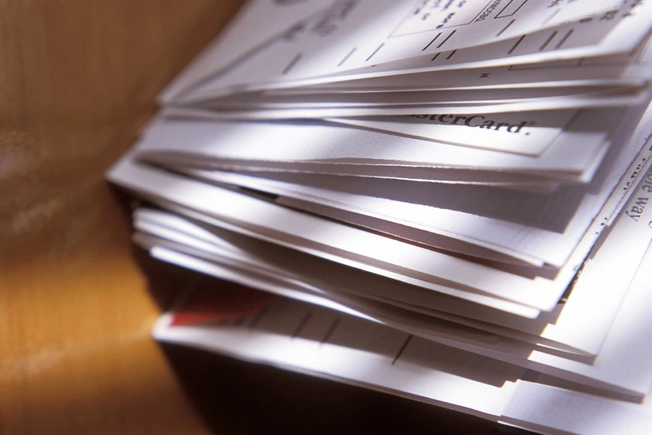
Put Off Paying the Bills
Stressful subjects, like work or your finances, can make your thoughts churn. Take care of the bills and emails tomorrow. Also, turn off scary or action-filled movies and TV -- even the news. Log out of social media, too. Whether you engage in, or just watch or read a heated back-and-forth, your mind revs up and makes it harder to relax.
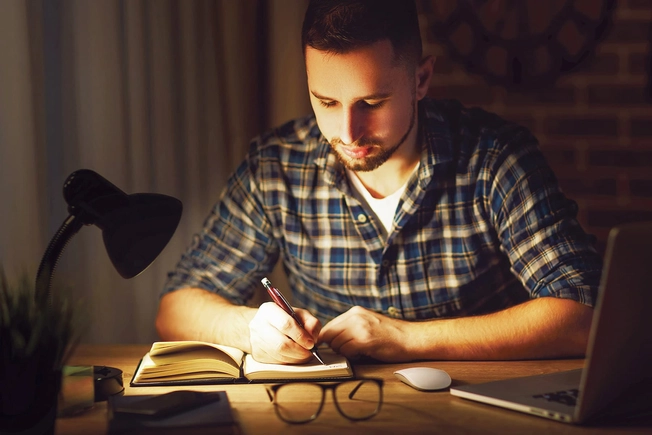
Make a To-Do List
Work projects to finish, calls to make, kids to wrangle. It’s hard to drift off when you’re trying to remember every last thing you need to do when you wake up. Let go of this mental load by putting it down on paper. Take 5 minutes before bed to jot down every task you need to take care of in the a.m. You’ll get it off your mind and be able to fall asleep faster.
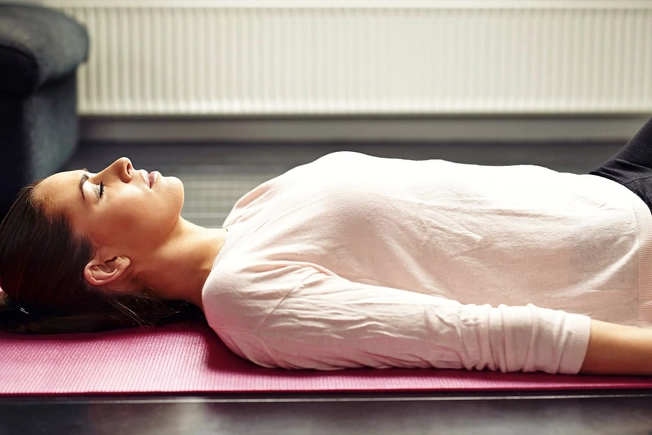
Let Your Muscles Fully Relax
Release tension from your body, and you’ll find it easier to let go of stressful thoughts. Lie on a flat surface and allow your body to go limp. Take a breath and deeply exhale. Then, squeeze and release one section of your body at a time. Start with your toes. Your heels can come next, followed by your knees, thighs, belly, and so forth. Let your forehead be last. Notice how relaxed your body feels -- and enjoy it!
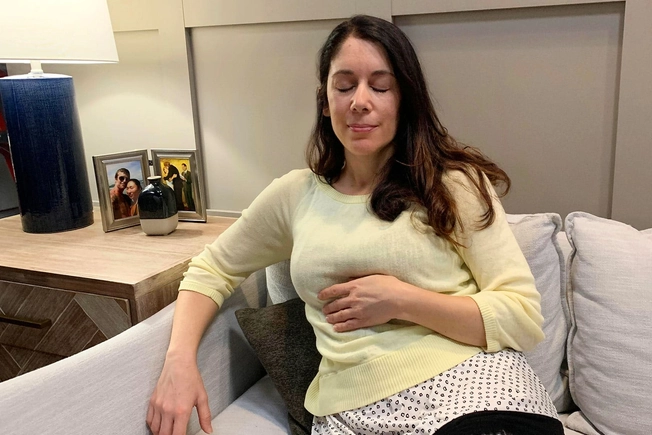
Slow Your Breath, Slow Your Mind
With your breath, you have a ready-made tool to relax your body and slow down the thoughts that keep you awake. Try this: Place a hand on your heart and feel its rhythm. Breathe in deep for 4 seconds, then take a long, slow breath out. Repeat this pattern until you can feel your heartbeat slow down. Your thoughts should soon ease up as well.
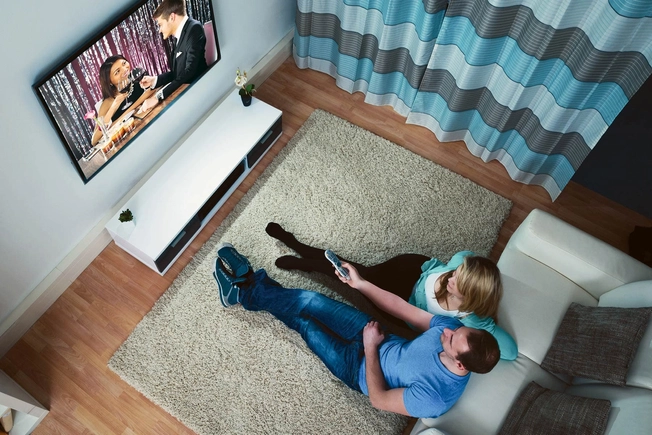
Make Your Bedroom a No-Screen Zone
Your phone, tablet, and other screens can mess with your sleep. The reason? They give off blue light, which signals your body to stop making melatonin, the hormone that controls when you feel sleepy. Instead, this light tells your brain to stay alert. Not to mention the late-night dings and buzzes that can jolt you out of peaceful slumber. The best bet for better sleep is to keep computers, TVs, and, yes, your phone out of your bedroom.
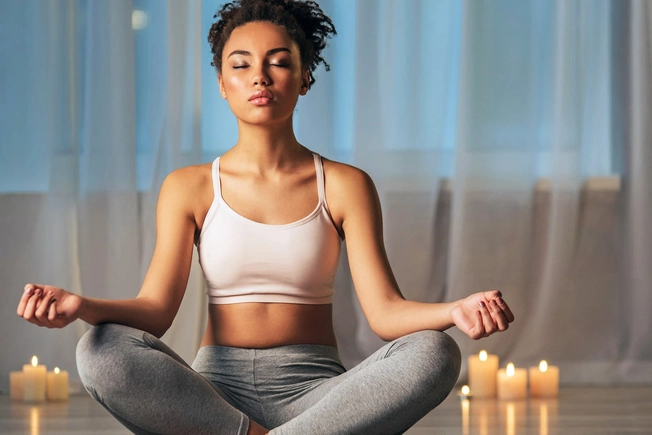
Meditate
Learn to calm your mind on demand, and you’ll find it easier to drift off at night. If you’re new to meditation practice, it helps to find a point of focus. It could be the sound of your breath or a simple phrase that you repeat in your head, like “I am at peace.” At first, you may struggle to tune out your thoughts. It’s OK to stop after a minute or two -- but try again the next night. Over time, you’ll be able to meditate longer.
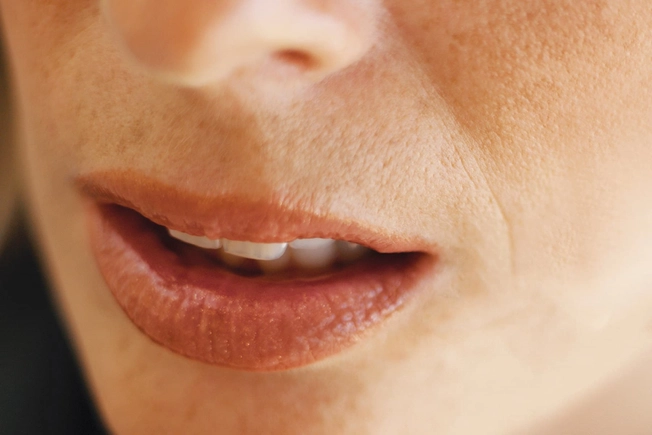
Call Out Your Worries
If they’re stuck inside your mind, worries and “What ifs?” can grow unchecked. Say them out loud, and they might just vanish. You can test this tactic first: Start to recite the letters of the alphabet in your head. When you get a few letters in, say something out loud. Notice that your ABCs came to a halt? That’s what can happen when you give voice to your worries.
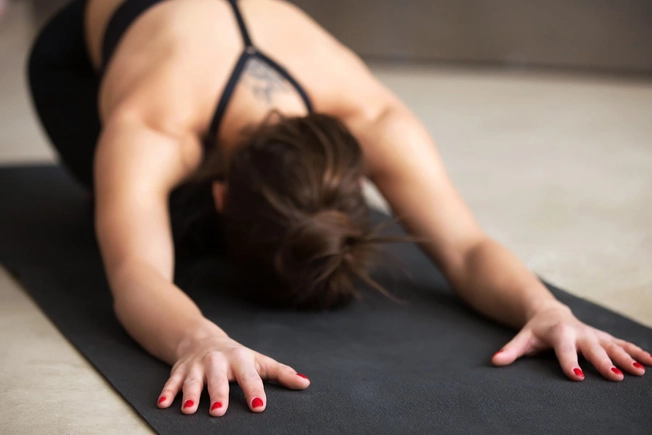
Channel Your Inner Yogi
Many people say yoga helps them sleep better. Try “child’s pose” at bedtime. Kneel on the floor with your big toes together. Separate your knees the width of your hips, and sink your chest to your thighs. Let your forehead touch the ground. Have hip or knee issues? Try “corpse pose” instead. Lie on your back, legs apart and arms relaxed at your sides. Exhale and feel yourself sink into the ground. Stay in either pose for 3-5 minutes.
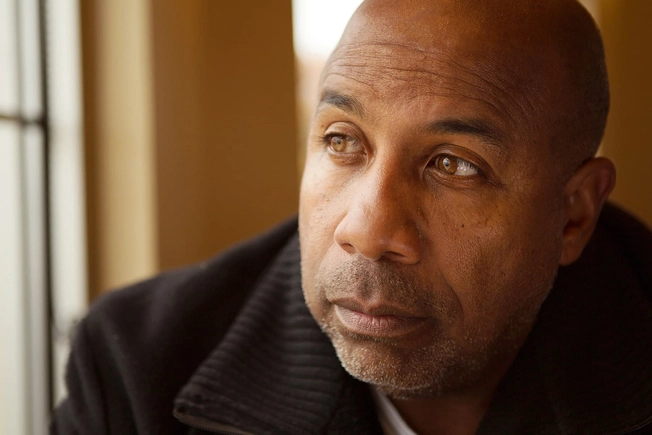
Go Ahead and Worry
Spoiler alert: You won’t be able to get rid of all your worries for good. In fact, the more you tell yourself not to stress, the more you probably will. What can help is to schedule a “worry time” during your day. Choose a small window of time to sit quietly. Let yourself go over all the things that have you concerned, as well as some ways you might solve them. You may find that this allows you to worry less -- and sleep better.